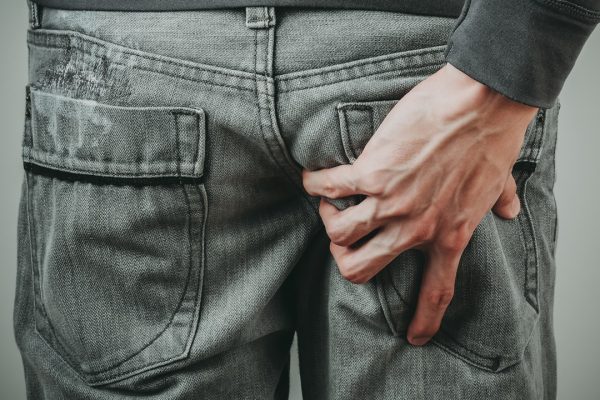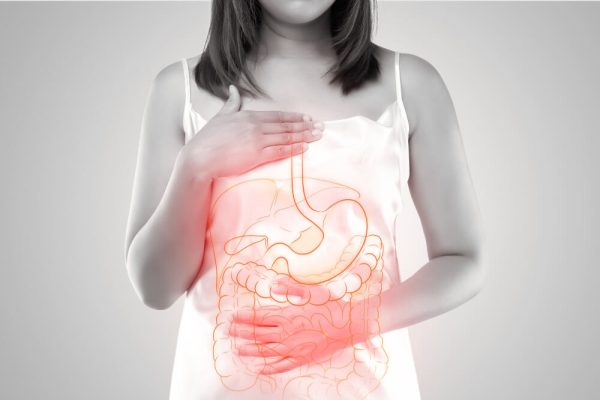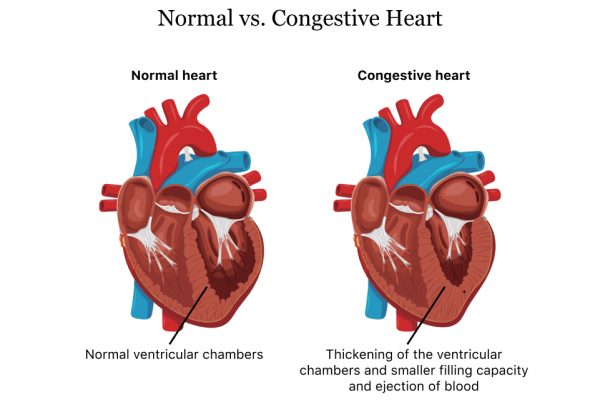Niclosamide is classified as an anthelmintic, which is a type of medicine employed in the treatment of worm infections.
Niclosamide is used to eliminate infections brought on by flatfish, dwarf, and beef tapeworms. Your doctor may recommend it to help with other tapeworm-related issues as well. Keep in mind, it will not be effective if you have a pinworm or roundworm infection.
Niclosamide eliminates tapeworms when it comes into contact with them. These parasites are usually excreted through the feces, but they may not be seen since they may leave the body through the intestine.
Niclosamide is only obtainable with a prescription from a physician.
Prior to utilizing niclosamide
The risks and advantages of taking niclosamide need to be weighed together by you and your doctor in order to make an informed decision. Things to take into consideration while using this drug include…
Allergies
Make sure to tell your doctor if you have ever had a negative reaction to niclosamide or any other drugs. Speak to your doctor about any extra allergies you have, like to food, colors, preservatives, or animals. Be sure to read the labels on non-prescription products before you buy them.
A limited number of kids, two years old and over, have been given Niclo powder and there are no reports of the medicine causing different reactions or problems in kids than those experienced by adults when taken at the recommended dose.
Geriatric
Little research has been done to analyze the efficacy and safety of medicines in elderly adults. As such, it is undetermined whether they will have the same effects or create different side effects or issues. There is no research available that looks into the use of niclosamide among the elderly in comparison to other age groups. Nevertheless, studies in lactating women suggest that it causes no adverse effects to the child upon use.
Medication interactions
Even though certain drugs should not be combined, it is possible to take two different medicines at the same time even if there is an interaction. Depending on the situation, the physician might need to modify the dose or take more precautions. Make sure you tell your doctor if you are taking any prescription or OTC medications.
Food/tobacco/alcohol interactions
You should be aware of the interactions that can occur when you take medicine with food, beverages or cigarettes. You must consult your physician before consuming food, alcohol or tobacco when taking any kind of medication. Avoid combining your medications with food or drink, and refrain from using alcohol or smoking while taking certain drugs.
Use of niclosamide capsules correctly
No special measures have to be taken before, during, or post taking niclosamide. It is recommended to take the pills either one hour before or two hours after having a meal, for optimal comfort, however. If needed, one should consume a light meal such as breakfast prior to ingestion. Moreover, the pills should be chewed or broken well before swallowing with a bit of water. When administering to a young child, the tablets should be ground to a fine powder and blended with a bit of water to make a paste.
Individuals who are being given niclosamide for beef, wide, or fish tapeworms should ensure to take their medication as prescribed.
Follow your doctor’s directions carefully when taking niclosamide to completely get rid of your infection. Generally, a single dose is all that is needed. Nonetheless, in certain situations, a second dose of niclosamide might be essential to completely eliminate the ailment.
Patients undergoing medication for dwarf tapeworms should take niclosamide.
If your symptoms get better after a limited period of time, continue to take your niclosamide medication until the course of treatment is complete (7 days in most cases). In some situations, a successive dosage of the drug may be necessary to totally cure the disease. Don’t cease utilizing the medication before the term is up; otherwise, your condition may reoccur. It is possible that some people with tapeworm infections may have no signs or just slight ones.
Dosing
The amount of niclosamide you take will vary depending on the individual. Follow your doctor’s instructions or the information on the packaging. The data shown here are average dosage amounts only.
The potency of the drug decides how many doses you need to take at once and how frequently they are taken. Furthermore, the period of time you are to take the medicine is based on the medical affliction you have.
Adults should take two grams of the oral tablet form of either Fish Tapeworm or Beef Tapeworm in one dosage. If required, the treatment can be repeated after seven days.
The amount of medicine to be given to children is determined by the doctor and varies depending on the weight of the child. For those weighing between 11 and 34 kilograms (24.2 to 74.8 pounds), 1 gram should be administered as a single dosage, with an option to repeat the treatment after seven days if needed. For those weighing more than 34 kilograms (74.8 pounds), 1.5 grams should be administered, with a possible repetition of the treatment after seven days.
Adults should take 2 grams of medicine per day for a week in order to treat dwarf tapeworm. If needed, the treatment can be performed again in a span of one to two weeks. The amount of medicine children should take depends on their body weight and is determined by a physician.
Children weighing between 11 and 34 kg (24.2 and 74.8 pounds) should begin by taking 1 gram of the medication on the initial day, which should be followed by 500 milligrams once each day for six consecutive days. An additional seven to fourteen day course of the treatment might be prescribed if needed.
For infants weighing more than 34 kg, administration of 1.5g on the first day is recommended. Over the following six days, 1g should be taken daily. This process may possibly be replicated every seven to fourteen days, if necessary.
Dose omitted
If you forget to take a dose of niclosamide, try to take it as soon as you remember. However, if it is almost time for the next dose, skip the missed one and stick to the normal schedule. Do not take two doses at once.
Storage
Keep the medicine in a securely closed compartment at average room temperature, away from too much heat, dampness, and sunshine. Ensure that it does not freeze.
Keep medications away from children. Do not keep any medications past their expiration date or if they are no longer necessary. When taking niclosamide, it is important to keep your doctor informed of your progress regularly to guarantee the virus is removed completely. Speak to your physician if your condition does not improve in a few days or gets worse.
Side effects of niclosamide capsules
A medication may have results that are not desired in addition to its desired effects. While not all of these side effects may happen, if they do, medical attention may be necessary.
Some negative reactions may arise that are not necessarily require medical attention. As your body adjusts to the medicine, these reactions may diminish. Your doctor may also be able to inform you of techniques to ward off or reduce these unwanted effects. Speak to your doctor if any of the following side effects linger or become bothersome, or if you have any apprehension regarding them.
The occurrence of stomach or abdominal aches, reduced appetite due to diarrhea, nausea, or vomiting is not as commonly seen.
Rare
According to Niclosam.com – Feelings of drowsiness, dizziness, or unsteadiness, itchy feeling in the area below the waist, and an uncomfortable rash on the skin could be side effects, as well as an unpleasant taste. Your healthcare provider should be informed about any additional side effects you experience. To report unexpected effects to the FDA dial 1-800-FDA-1088.
Please visit our website shop: https://www.niclosam.com/product/niclosamide-powder/





